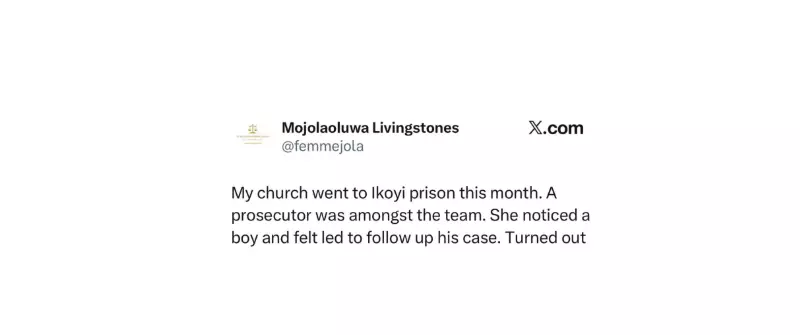
In a dramatic turn of events that highlights critical flaws within Nigeria's justice system, a teenage boy has finally regained his freedom after spending eight grueling months behind bars for a crime medical science now proves he didn't commit.
The Tragic Misunderstanding
The ordeal began when the teenager engaged in a physical altercation with another youth in Delta State. Following their fight, the other boy tragically passed away, leading authorities to immediately arrest and imprison the surviving teenager on suspicion of causing death through the confrontation.
Medical Evidence Changes Everything
After eight months of wrongful imprisonment, a comprehensive medical investigation revealed shocking findings that completely exonerated the imprisoned teenager. The autopsy report conclusively showed that the deceased victim died from complications related to sickle cell disease, not from any injuries sustained during the fight with the accused.
Justice Delayed But Finally Served
The revelation prompted immediate action from the court, which ordered the teenager's immediate release upon reviewing the new medical evidence. The case has sparked important conversations about the need for thorough medical investigations before prosecutions in similar circumstances, particularly in regions where sickle cell disease remains prevalent.
Broader Implications for Nigerian Justice
This case serves as a stark reminder of the importance of proper medical documentation and thorough investigations in criminal proceedings. Legal experts suggest it should prompt reforms in how similar cases are handled, ensuring that natural causes are properly ruled out before individuals face serious criminal charges.
The teenager's release brings closure to a painful chapter for his family, while raising crucial questions about justice, medical evidence, and the human cost of procedural oversights in Nigeria's legal system.





